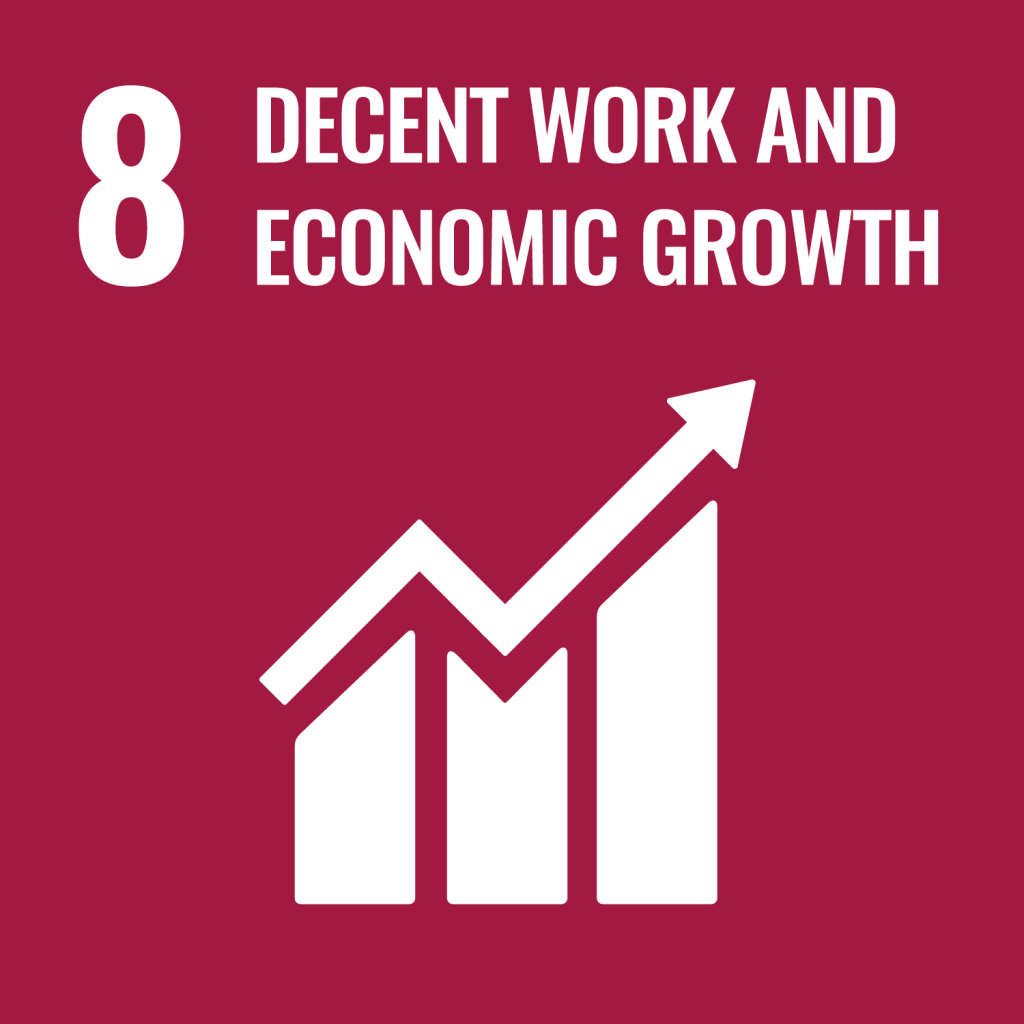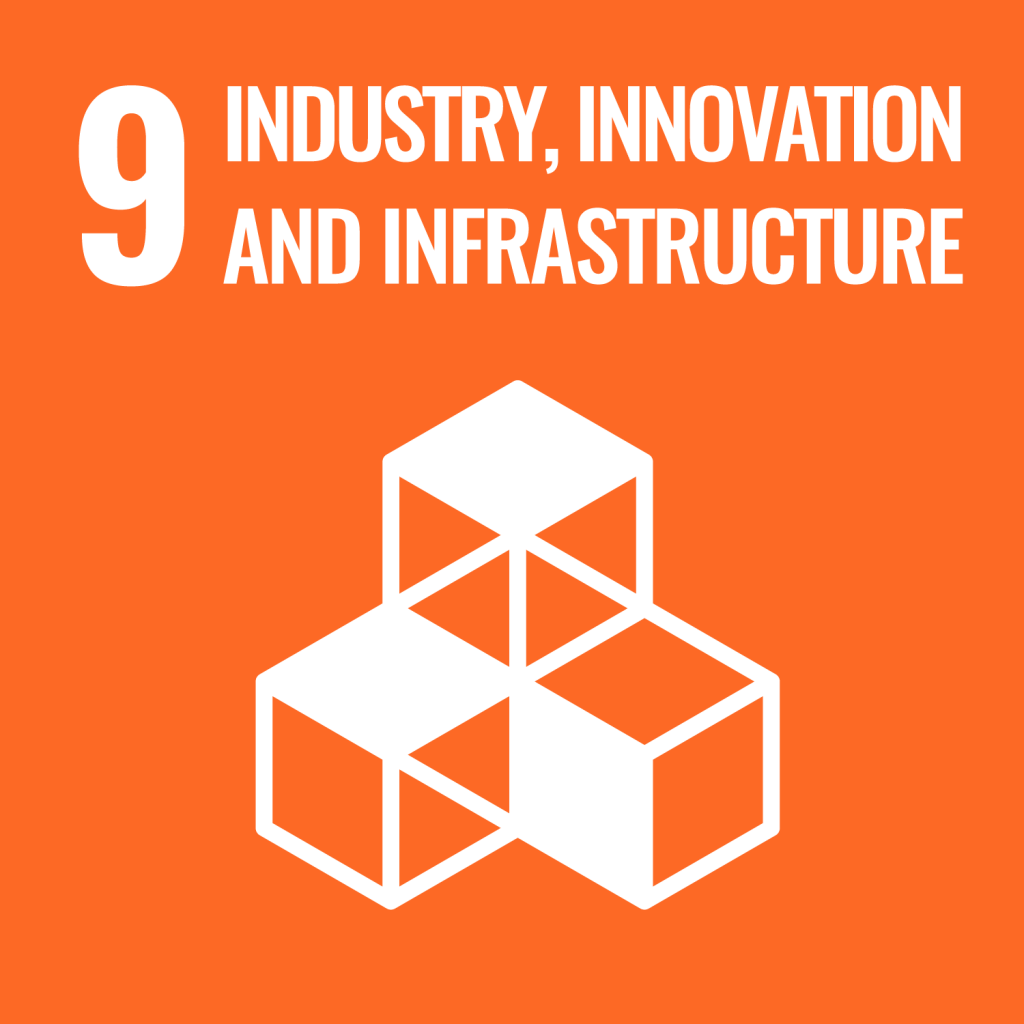Terrible Twins
Micro (1-9)
Clothes & Textile
Manufacturing
Lesson
This is a case study of an SME that produces local design products with focus on reducing waste and emissions and on increasing transparency, autonomy, and attractive work conditions in the local community.
Background
Terrible Twins was founded in 2006 by the twins Karin and Sara Ström, both designers and product developers. The SME has come to specialise in handmade and local products made of sustainable materials. The company also sells spa-products, such as candles and soap. Prior to founding Terrible Twins, Karin and Sara worked and travelled the world and imported handmade products from small-scale producers abroad. Today, Terrible Twins is located in their small hometown of Insjön and all production is in-house. Since 2021, Terrible Twins is a certified B-Corp.






Sustainability Story
“Honesty and natural simplicity” are at the core of Terrible Twin’s business-model, according to its founders Karin and Sara. Returning to their hometown after working and travelling around the world, the twins eventually sought to create a strong brand built on local production and natural ingredients.
The company’s main product is today wheat warmers, which are made with locally grown and processed wheat grains and organic European linen. Supporting the local economy by actively choosing to involve the community’s actors is an important priority for Terrible Twins. Apart from contributing to the vitality of the local economy, this strategy also allows a greater degree of control and resilience within the production process. Should there be an issue in the supply chain, the wheat farmer lives only some kilometres away, for example. Apart from their economic impact, Terrible Twins also contribute to the cultural life of the town through being involved in and financially supporting various activities and projects.
Terrible Twin does all production in-house with a small workforce. This allows for a dynamic and creative work environment where new ideas can quickly arise and be adopted; for example, efforts to reduce and reuse otherwise discarded material. The staff receives a high degree of autonomy, involvement, and overview of the whole production process. This, in turn, fosters a culture of trust and engagement within the company.
With their company’s philosophy, becoming a B-Corp required no major changes within their business model. Having successfully established itself on the market, Terrible Twins are now looking to strengthen their social engagement in Social Africa and perhaps finding new markets in Europe.
Terrible Twins Practices
| Local, low-waste and low-carbon production | Local embeddedness and involvement of employees |
|---|---|
| The company produces handcrafted products made in Sweden. Materials and ingredients are all natural and purchased in bulk in Sweden or at least in Europe to reduce transport and to support local economy. Materials are reused as much as possible, e.g. reusing boxes from deliveries for sales transport. | he owners are fostering a culture of transparency, trust, and openness with employees and local community e.g. through being transparent with business numbers, and keeping close contact with local suppliers. Profits are reinvested into the company and employees (e.g., staff welfare activities) which show appreciation and increase the involvement of employees. The company supports the local community through various activities (e.g. prizes for local raffles, engagement in local associations) and sends residual material to a social organisation. |
Pathway Map
Local Embeddedness and Involvement of Employees
View the Pathway MapLocal, Low-Carbon and Low-Waste Production
View the Pathway MapEnabling Factors for Practices
Terrible Twins’ sustainability practices are enabled by a number of key actors, policies, resources, and partnerships:
| Internal to the organization | External to the organization |
|---|---|
| Due to their small size, each employee has a good overview of the process, while the cohesion between employees is high. This fosters an environment of innovation and where employees feel ownership over their work. | The B-Corp framework has helped and continuously helps the company to keep track of their business performance metrics (financial and non-financial) and therefore provide a good overview of how the SME is working, and how things can be improved. |
| Being embedded in the local community and having much of their production there allows for a more controllable and resilient supply chain. | Local bank providing them with a loan |
| Good relationship and communication to supplier led to the idea of using of B-quality ingredients in non-food wheat warmer products which reduces environmental impact | Financial aid from country administrative board and other institutional actors when in need |
Arresting Factors for Practices
| Internal to the organization | External to the organization |
|---|---|
| Somewhat weak demand and appreciation for locally produced products | |
| Some customers or local authorities do not recognise the value and work behind getting a sustainability certification | |
| Lack of acknowledgment (and therefore supportive policy frameworks) from the Swedish state and local authorities for SMEs working sustainably. | |
| Covid-19 pandemic |
